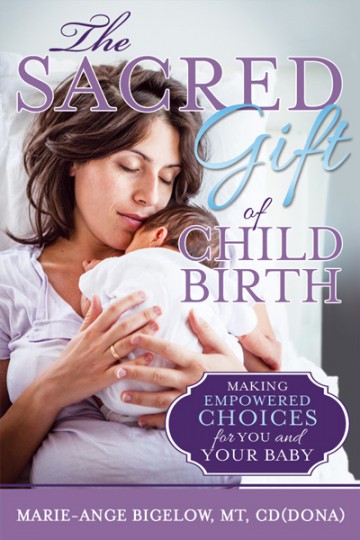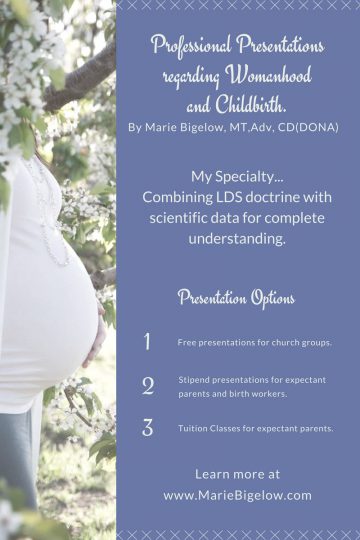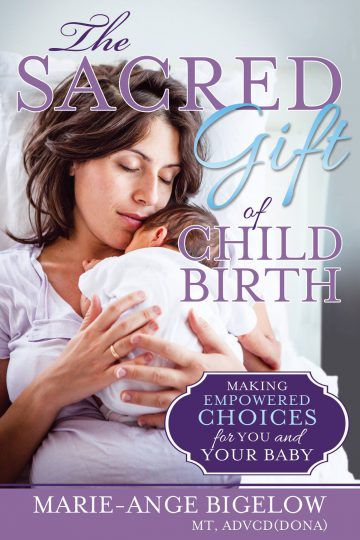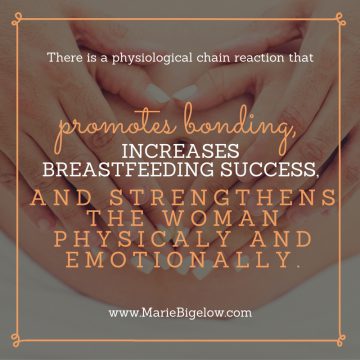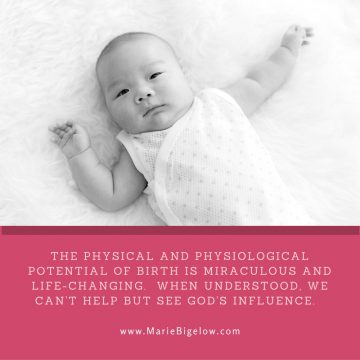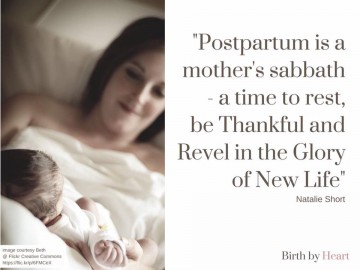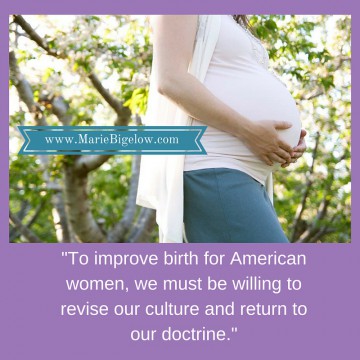As a doula and a lover of birth, I have come to see an undeniable connection between birth and the Atonement. The clarity of this relationship has only grown as I have attended more births and spoken with more women about their birth journey.
“Then cometh Jesus with them unto a place called Gethsemane, and saith unto the disciples, Sit ye here, while I go and pray yonder.
And he took with him Peter and the two sons of Zebedee, and began to be sorrowful and very heavy.
Then saith he unto them, My soul is exceeding sorrowful, even unto death: tarry ye here, and watch with me.
And he went a little further, and fell on his face, and prayed, saying, O my Father, if it be possible, let this cup pass from me: nevertheless not as I will, but as thou wilt.”i (Matthew 26:36-39)
Sit ye here, While I go
One thing that always stood out to me about the Atonement was that although Christ alone had to perform the miracle- He wanted to bring his disciples with Him to the Garden of Gethsemane. Before he entered the garden He chose three disciples, Peter, James, and John, to come into the Garden with him.
Jesus doesn’t want to be alone for what he knows will be the hardest thing He will do in his life. It is the same in birth. Most women choose a few people to attend their birth—it may be their partner, mother, father, sister, best friend, or doula. As with Christ, they will choose people to come into their sacred space and support them in their birth.
During the birth of my two children these people were my husband, midwife, and doulas. I prayed a lot about who to have at my birth because giving birth was going to be one of the most difficult things I would do in my life, and I wanted the people there to support me physically, spiritually, emotionally, and mentally. I just wanted them to love me.
Tarry Ye Here and Watch
Unlike birth, Christ’s disciples weren’t able to hold him up, tell him he could accomplish the impossible, and wipe the blood, sweat and tears from his face. Jesus asked one thing of his disciples, “tarry ye here, and watch with me.”ii
As a doula I have come to recognize the sacred space of birth and the responsibility to witness a laboring mother. Doulas are trained in comfort techniques to help women in labor but there comes a time during birth when comfort is no longer possible. At this point of labor I recall realizing that I was alone—no one else but me could give birth to my child. I had to do it alone.
Thankfully during both of my births when I came to that isolated point of labor, I was blessed to have loved ones there to witness me. Feeling their presence provided comfort to me when nothing else could; and to this day I credit a lot of my ability to have such empowering births to their watchfulness. Their touch didn’t take away my pain, but their company gave me the hope and the power I needed to keep going.

(“Nativity” by Brian Kershisnik)
These thoughts remind me of Christ in the Garden of Gethsemane. He was the only person on this Earth that could perform the Atonement because He lived a perfect life. Nonetheless, even during His greatest time of need, when He prayed to Heavenly Father to “let this cup pass from me”,iii He still had the desire to be witnessed.
Let This Cup Pass From Me
After Jesus leaves his witnesses and goes further into the Garden in Matthew 26: 39 it says:
“And he went a little further, and fell on his face, and prayed, saying, O my Father, if it be possible, let this cup pass from me: nevertheless not as I will, but as thou wilt.”iv

(“Gethsemane” by Liz Lemon Swindle)
The suffering the Savior went through during the Atonement was beyond what any mortal could endure. Christ suffered for the sins, sicknesses, and pains of every person that had ever and would ever live, and He did it for one reason—love. Even when he was feeling “exceeding sorrowful, even unto death” v and prayed to “let this cup pass from me”vi Jesus continued suffering because he loved us perfectly.
I know I will never experience suffering anywhere close to what Christ felt while performing the Atonement but I have felt those feelings. I remember thinking during my births “I can’t do this, this is too much to bear.” I have also witnessed countless times as a doula, the look on a woman’s face when she reaches this part of her labor. I have heard them cry out for it to be over. However, like Jesus, we continue with our labor which will look different for every woman. Our birth may take place at home, a birth center, or a hospital. It may be unmedicated, medicated, or a cesarean birth. No matter what we choose or how our birth happens, childbirth isn’t easy, but we do it because we love our child just like Christ suffered because He loves us.
i. Matthew 26: 36-39
ii. Matthew 26: 38
iii. Matthew 26: 39
iv. Matthew 26: 39
v. Matthew 26: 38
vi. Matthew 26: 39

Written by Charity Wheeler, Owner of Pure Love Doula Services
- Birth doula, Photography, Bengkung belly binding
- Website
Charity’s love of birth began when she was preparing for the birth of her first child. She was blessed to have a doula, and following her beautiful experience knew that she wanted to help empower other women and families. Charity is now a birth doula and loves supporting women and their partners, and helping them feel confident and safe during the miraculous process of pregnancy and birth. Book Charity before May 23rd, and receive a free belly binding!
Want to learn more about incorporating spirituality into your birth? Order your copy of The Sacred Gift of Childbirth today!
